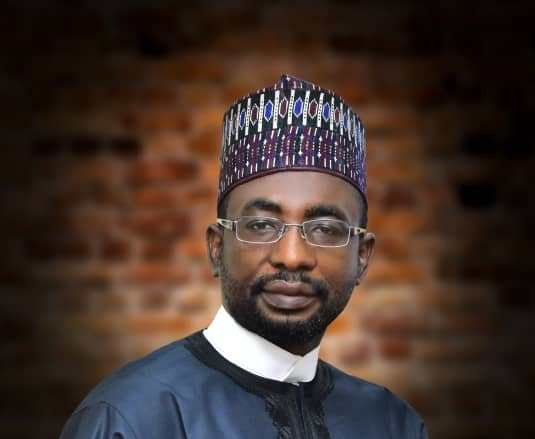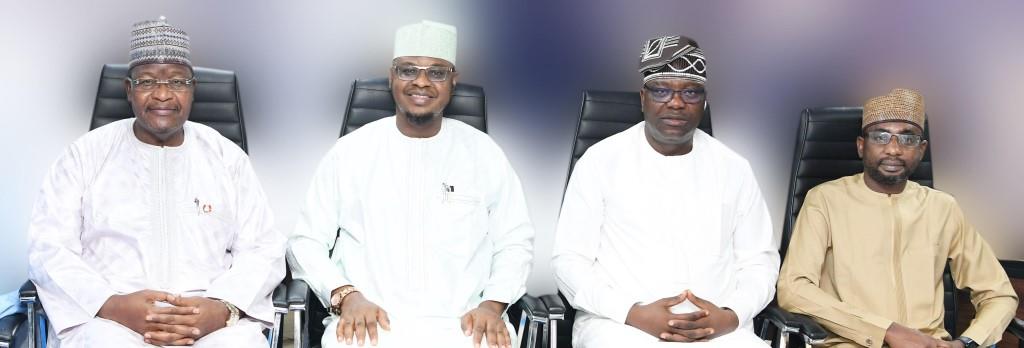The Minister of Communications, Barrister Abdur-Raheem Adebayo Shittu has revealed that investment and deployment of Information and Communications Technology (ICT) has all it takes to catapult Nigeria from the status of developing nation to a developed world.
However, this can only be possible if government and private sector operators get things right and on time.
The minister said this while delivering his Keynote address at the flag off of the 4th National Council on Communications Technology (NCCT) hosted by the Kaduna State government on Friday.
He said “ICT has been known to transform nations from developing to developed ones within an incredibly short span of time. For example, Singapore, South Korea and Thailand are countries that have leveraged on ICT to make a difference in their economies”.
“Locally here, in 2014, the mobile ecosystem contributed USD8.3 billion in value to the Nigerian economy. Further, it is my fervent hope that the Sector can be re-engineered to expand the frontiers of its contribution towards facilitating Nigeria’s early exit from the circle of economic challenges.
He noted that since assuming duty as the Minister of Communications, “we have focused on this trajectory”.
“We have embarked on aggressive sensitization of Nigerians particularly the youth, on the benefits and potentials of ICT which is already gaining traction as buttressed by Mark Zuckerberg, founder of facebook during his recent visit to Nigeria in September. It is my hope that our human capital development efforts will enable the country train and nurture more industry-aligned and skilled young people to create a crop of experts, whose innovations & skills can be exported to create additional stream of revenue for the country.
On the theme for this year’s Council meeting; ICT AS A FOCAL POINT FOR ECONOMIC DIVERSIFICATION, Shittu noted that “This topic couldn’t have been more opportune than now when the nation is striving to find alternative sources of revenue and investments in the face of decreasing resources”.
“ICT has become a fulcrum of the nation’s economy traversing all aspects. In public Service, Banking and Finance, Health and Social Services, Education, Security and Agriculture, the ubiquity and pervasiveness of ICT is manifest. The challenge is how to harness and leverage the opportunities thrown up by the new economy powered by ICT to address the issues of revenue, investments and cost savings.
This is not an impossible feat as shown by developments globally and even in our country. Many developed countries around the world, do not rely on the export of any raw materials, but on the development and export of ICT.
He added further that on assumption of duty, “I consulted widely and had meaningful engagements with a cross section of ICT stakeholders which culminated in a retreat from 22nd-23rd January 2016 where stakeholders and key players in the Sector brainstormed professionally. At the close of the two-day retreat, which was the first of its kind in the country’s ICT sector, and a huge success, participants agreed that it was important to have a roadmap that would capture and incorporate all the areas that required attention”.
“The outcome of this process is the ICT Roadmap which I believe has been brought to this Council for information. Through the Roadmap, we have identified priority projects that can have a strong positive impact on the economy including the establishment of a multi campus ICT University, and a National Digital Literacy Council
“I have also caused a Sector Strategic Plan for 2016-2020 to be drafted, to chart a short term framework for the Sector.
He revealed that the federal government through National Information Technology Development Agency (NITDA) is stepping up interventions in the area of infrastructure development, capacity Building and job creation.
The NCCT platform is designed to serve as a credible platform for the minister coordinating ICT development in the country to interact with the Commissioners in charge of ICT matters at the State level towards brainstorming on the optimal approach to ensure effective implementation of ICT policies across the country, for enhanced development of the sector in particular and the nation at large.
Analysts say the meeting will provide an opportunity for us to share thoughts on how to deepen the process of change and progress enshrined in the present administration’s agenda as it concerns the ICT sector.









